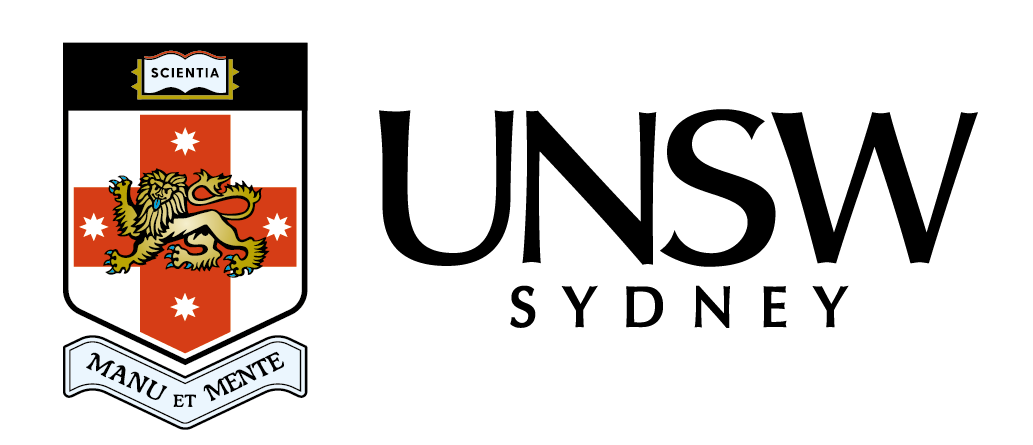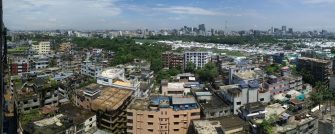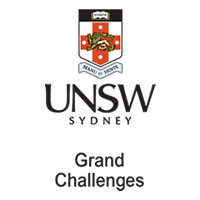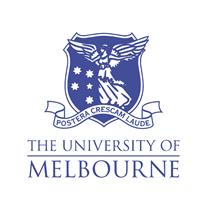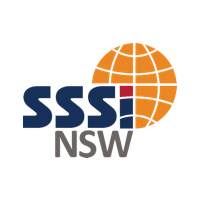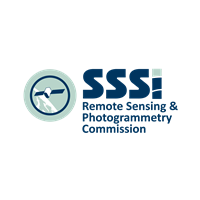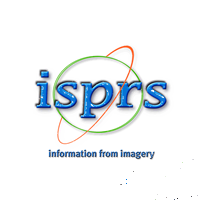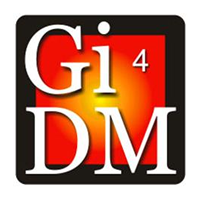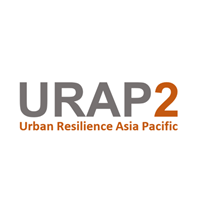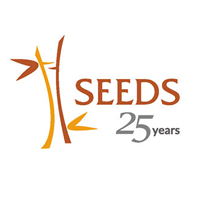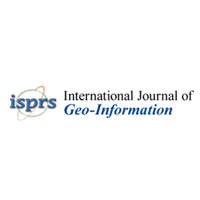
Across the world, nature-triggered disasters fuelled by climate change are worsening. Some two billion people have been affected by the consequences of natural hazards over the last ten years, 95% of which were weather-related (such as floods and windstorms). Fires swept across large parts of California, and in Australia caused unprecedented destruction to lives, wildlife and bush.
Disaster management needs to keep up. Good cooperation and coordination of crisis response operations are of critical importance to react rapidly and adequately to any crisis situation, while post-disaster recovery presents opportunities to build resilience towards reducing the scale of the next disaster.
This event will explore technology and resilience by bringing together three conferences:
Geographic Information for Disaster Management (GI4DM)
1 December – 3 December 2020
Gi4DM is an annual conference devoted to the use and application of geo-information technology in disaster management. The fundamental goal of the conference is to provide a forum where disaster managers, stakeholders, researchers, data providers and system developers can discuss challenges, share experience, discuss new ideas, demonstrate technology and analyse future research toward better support of risk and disaster management activities. Gi4DM 2020 is the 13th edition of this conference. You can visit the previous GI4DM conferences.
Urban Resilience Asia Pacific 2 (URAP2)
3 December – 4 December 2020
URAP2 aims to explore the challenges, obstacles and opportunities for enacting research and practice for better approaches concerning building resilience in fast-growing towns and cities in Pacific Island Countries and Asia. It will focus on two issues– transparency and security. URAP2 follows on from URAP, which was held in November 2018 at UNSW and brought together around 180 practitioners and researchers. URAP2 is organised by the Rapid Urbanisation Grand Challenge at UNSW, along with The Australia Pacific Security College at the Australia National University (ANU), Harvard Humanitarian Initiative and SEEDS India.
NSW Surveying and Spatial Sciences Institute (SSSI) one-day event
30 November 2020
The Surveying and Spatial Sciences Institute (SSSI) is Australia and New Zealand’s peak body representing the interests of surveying and spatial science professionals. The NSW SSSI provides members with an active network within which to maintain professional knowledge and technical skills, as well as to meet fellow like-minded professionals and to share experience in the spatial profession. This is a region run by members for the benefit of members.
Conference Chairs
Keynote Speakers
Conference Topics
- Readiness
- Technology
- Resilience
The coronavirus appears to have taken the world by surprise, causing global disruption on an unprecedented scale. Unexpectedly severe fires also swept through Australia and north America, and threaten to repeat as temperatures rise. Such events however were predicted, but their warnings did not adequately impact pre-crisis planning.
The following issues will be explored in the discussions:
- Difficult trade-offs: high impact low frequency events versus everyday risk
- Black swans or white elephants? Planning for the unexpected and risking wasting resources
- Communicating threat without causing panic
- Readiness for real: how to really enact preparedness in a time of unprecedented need
- Efficiency, agency and ownership: whose readiness counts?
Sensor and communication networks
- Distributed sensing and computing for crisis response
- Multi-platform and multi-sensor data collection
- Crowd sourcing and Volunteered Geographic Information
- Context awareness and self-organisation in Wireless Sensor Networks (WSNs)
- Opportunistic sensing, networking, and dissemination
Data processing and visualisation
- Cross jurisdiction and cross sector semantics,
- Integration of data
- Standardisation (models, icons, symbols)
- Service discovery, filtering and composition (Web services, Net-centric)
- Interface design for crisis management
- Visualisation and Visual Analytics
- Decision enhancement systems
User requirements and best practices
- Coordination among agencies and stakeholders
- Design requirements and design processes for information systems
- Security and privacy
- Simulation tools, serious games, training and crisis response
- Evacuation and navigation regulations and systems
Bushfires Australia
- Early Detection of Bush Fires using Remote Sensing
- Use of UAV Carried Sensors for Detection
- Active fire monitoring of bushfires with remote sensing
- Advances in remote sensing of fuel loads
- Post-fire hazard assessments with remote sensing
- Co-ordination of Detection and Response
- GIS for Prediction of Critical Fire Zones
- Informing communities
Resilience
- Building resilience in post-disaster recovery operations
- Aligning response and recovery to the SDGs
- Resilience and climate change adaptation
- Adaptation or Transformation? The Resilience Challenge
Urbanisation
- Engaging in complexity – using a systems perspective
- Urbanising humanitarian response – assumptions and actors
- Urbanisation and its links to rural development
- Local actors, first responders and urban gatekeepers
Security
- Enhancing resilience for greater human and national security
- The human dimensions of climate security: health, food & livelihood security
- Securing the future: The challenges of connectivity, mobility & potability
- Who Makes the Rules? Crime, corruption and ‘creativity’
Transparency
- The role of trust between organisations and institutions
- Accountability or More Red Tape? Getting the balance right
- Organisational Coordination or Collusion: the challenge of sustainable development
- Grab and Go: The role of corruption in fuelling disasters
Contact
For GI4DM & SSSI enquiries, please email to GI4DM2020@unsw.edu.au
For URAP2 enquiries, please email to URAP2enquiries@unsw.edu.au
